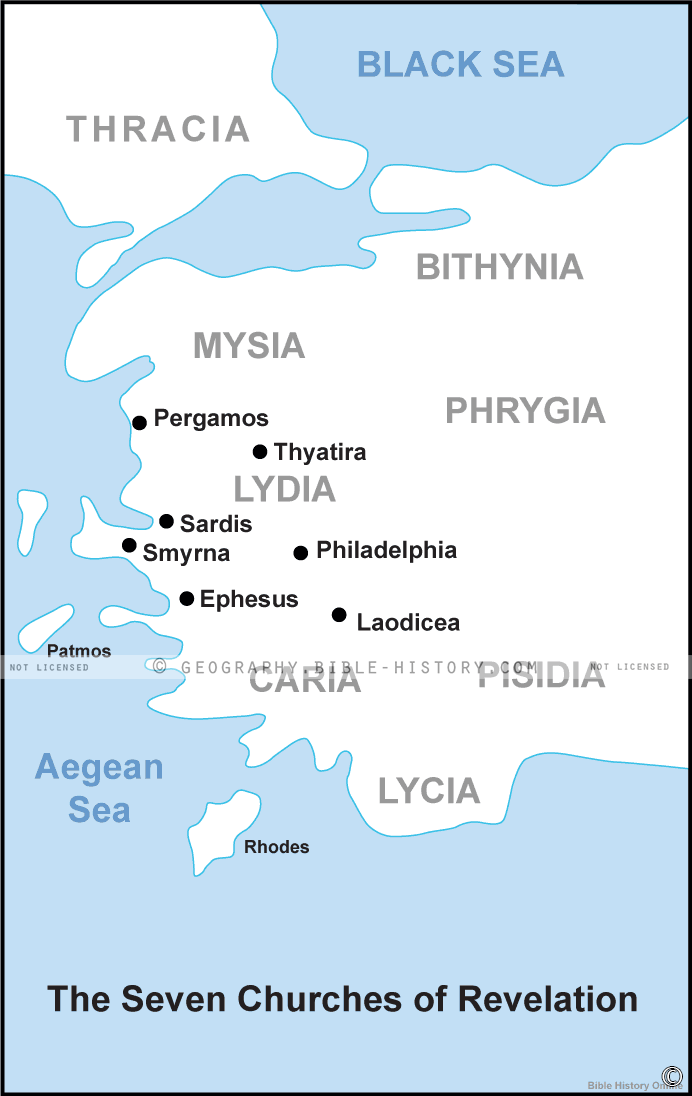Yes, the "day of the Lord" is referred to many different ways in the Bible. I offered that term as a starting point but it is by no means exhaustive as it concerns that subject. As it concerns the term being confused with a "Sunday" Sabbath that brings up two issues: one being the day upon which it is observed and the other being the notion that the Sabbath, on which ever day it is observed, is the subject of Revelation. As it regards the former that is indeed an innovation that found it's way into Christian observance during the reign of Constantine that has no scriptural backing that I am aware of. As it concerns the latter there may be some argument for that in that the weekly Sabbath is a prophetic indicator of THE Sabbath which is very much the subject of Revelation. Said another way, both things are true. As it concerns the judgement of the earth being a facet of this book I would wholeheartedly agree but that's getting a little ahead of ourselves as it regards a chapter by chapter approach to this endeavor.The "day of the Lord" is worded in different ways in the Bible.
The "Lord's day" in Rev 1:10 is believed by many Christians to be Sunday. That's just plain wrong, as there is just no logical reason to believe that. There are plenty of logical reasons to say that it is the "day of the Lord" (i.e., God's time of judgment upon the earth).
Thank you for your input.

